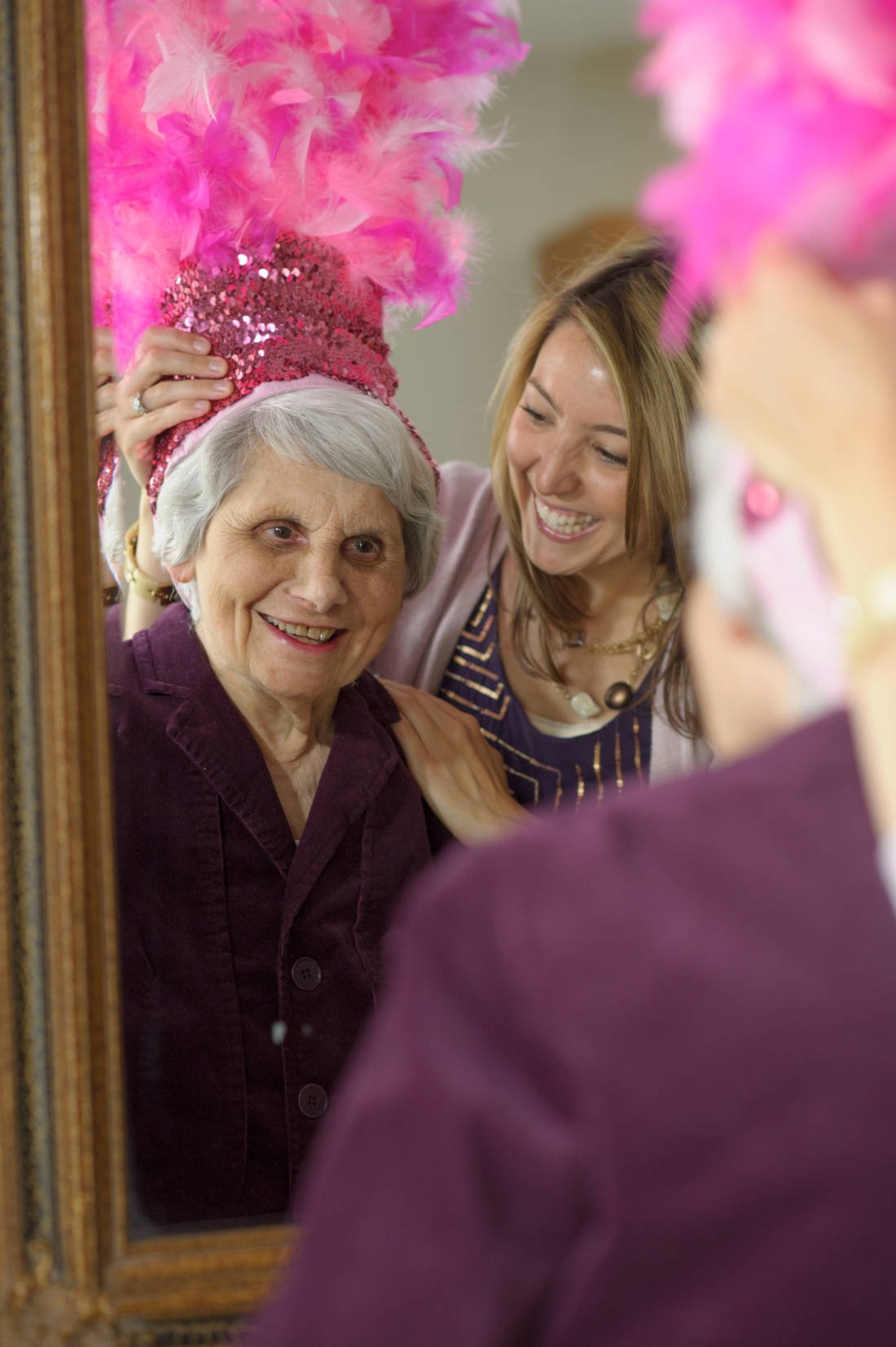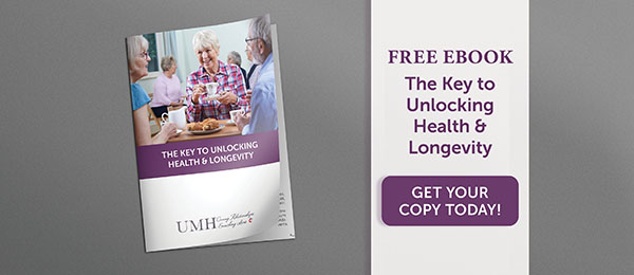Aging Well Series: Education, Games, Puzzles & Challenges for the Brain
assisted living | Senior Living Communities CT | senior health | senior health tips | Independent Senior Living | healthy living | independent living in ct | aging well
Our Aging Well series has delved into the areas of nutrition, physical activity, play, and human connection. In the same way that it’s important for seniors to exercise these critical areas of overall well-being, so is prioritizing cognition and brain health. So, what’s one of the best ways to improve or sustain memory functions and other cognitive abilities? Practice using the brain.
A great avenue is focusing on opportunities for ongoing education, games, puzzles, and similar types of brain challenges. Pretty much any activity that involves challenging your brain to learn new skills or acquire information is apt to support aging well. In fact, research suggests that the more an area of the brain is used, the harder the body works to keep the neurons in that brain region healthy and connected.
To keep your brain active and healthy on a more regular basis, consider some of these fun and interesting options.
An Eye on Education
Education could play an important role in improving cognitive reserve, or the brain’s capacity to cope with the damage that would otherwise lead to dementia. Some research suggests that education helps the brain develop more synapses, which are the junctions between brain cells that relay information.
If you’re the academic type, take advantage of opportunities to participate in ongoing lectures or continuing education classes. This is an exceptional way to maintain mental alertness and engagement. Check with local senior living communities, community centers, and community colleges to see if they provide offerings of interest to you—from writing, music, and art programs to computer courses, cooking classes, and other types of learning.
Remember, you’re never too old to learn something new! Even if you’re not into the world of academia, think about new hobbies and areas of exploration. The NIH indicates that people who engage in meaningful activities say they feel happier and healthier and that learning new skills may improve their thinking ability. One particular study found that older adults who learned quilting or digital photography, for example, had more memory improvement than those who only socialized or did less cognitively demanding activities.
Getting into the Game Scene
Being exposed to an environment filled with novel stimuli can benefit cognition, including memory. This exposure can happen anywhere, which is good news if you struggle with issues like limited mobility. Novel environments can even be delivered virtually, according to NIA-supported researchers who recently discovered that video games may be used to enhance cognitive health in older adults. Their findings suggest that both novel experiences and exposure to rich three-dimensional environments, like those offered via video games, may work together to improve cognition.
If video games aren’t your thing, there are ample varieties of ways to engage in the gaming scene. Trivia games are especially helpful for seniors who want to exercise their recall skills and connect more with family or friends. Games of trivia encourage seniors to recall past events or facts they have learned throughout their lives. Consider playing a general trivia game, or try one that covers specific categories like TV shows, movies, religion, pop culture, music, or particular periods in time.
Another option: card games. Lots of games played with a deck or more of cards give seniors the chance to stimulate their brains in a fun and engaging way. You could also choose some strategic games like chess or checkers, which require players to use reasoning for choosing their next move, anticipating the moves of opponents, and developing an overall strategy. Using your brain in new and healthy ways doesn’t have to be boring when you leverage games to up the fun factor.
Piecing It Together
Jigsaw puzzles exercise both the left and right sides of your brain at once, requiring logic, intuition, and creativity. This blend of engagement helps seniors stretch their mental muscles and stimulate their brain function. Completing a puzzle alone or with others can help you practice problem-solving functions, look for patterns and pay attention to details.
There are a range of options spanning from traditional jigsaw puzzles to word searches, memory games and crossword puzzles. A Forbes Health article explains, “When you attempt a crossword puzzle, you use verbal memory as you seek words that match a certain number of letters that fit descriptive phrases. One study in the Journal of the International Neuropsychology Society found a possible connection between completing crossword puzzles and the delayed onset of accelerated memory decline in people who developed dementia.”
Another type of puzzle—and a popular one for seniors—is Sudoku, a game that focuses on numeric patterns and is accessible in a variety of difficulty levels. Sudoku requires one’s attention in order to analyze the grids and fill in the numbers, so it’s about logic rather than math. Solving puzzles like this has long been thought to keep the brain healthy and has been shown to delay the onset of dementia.
Digital Challenges at Your Fingertips
Games on tablets are being increasingly leveraged in assisted living communities and other health care settings to improve mental performances in seniors and to slow down the onset of Alzheimer’s disease. Studies show that even simple online activities like doing puzzles and playing games light up neural pathways in the brain.
Today, there is a seemingly limitless array of downloadable cognitive applications that can be used on a mobile phone, tablet, or personal computer. Look for options that allow you to choose or adjust the level of complexity and hone in on specific cognitive capabilities, like attention, reasoning, language, and memory.
You can opt for paid online offerings or take advantage of free downloads. WordBrain is a great example of a no-cost, challenging word game with hundreds of levels for you to master. Available for download from the App Store and Google Play, this app combines the best parts of word scramble and crossword games by challenging you to connect the tiles and transform random letters into words. The game starts out easy but quickly becomes more challenging, so it’s an excellent way to keep your mind engaged and boost your brain function.
For additional tips on senior health and lifestyle issues, check out our blog. To find out how United Methodist Homes provides a wealth of offerings and opportunities to support the health and well-being of our residents, contact us today or schedule a complimentary visit now.
About Marissa Salvesen
My journey into the world of senior living began when I started working for United Methodist Homes in 2010. Starting as an Activities Director at one of our-winning assisted and independent living communities and then transitioning to Marketing and Promotions Manager for UMH, I now work as the Manager of Mission Development, fostering the Mission and Values of our organization. I love sharing stories about the many ways we build meaningful relationships and enrich the lives of those we serve, and am proud to be part of building UMH’s 140-year legacy of caring. Wondering what makes our communities such special places to live and work? Connect with me and find out!

Our Blog is a 2016 Platinum Generations Award Winner! The Generations Award is an annual international competition for excellence in senior marketing recognizing professionals who have communicated to the 50+ Mature Markets.





